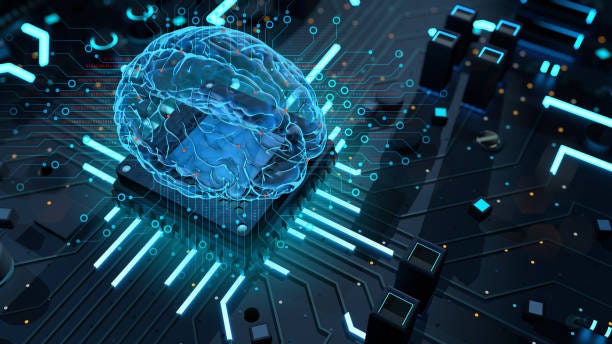Medium
1M
275

Image Credit: Medium
What If Robots Could Inherit Our Memories?
- The article explores the concept of a memory-preserving chip implanted in the human brain during life that transfers personal memories into a robotic entity after death.
- Brain-computer interfaces have evolved to facilitate memory digitization and cognitive extension, moving beyond medical applications to store memories and emotional patterns.
- The proposed model includes a brain chip for memory recording, adaptive learning of emotional patterns, encrypted storage, and post-mortem transfer to a robotic platform for interaction based on archived memories.
- The idea raises ethical questions about memory continuity, data ownership after death, and the actions of robots based on one's memory, leading to a reevaluation of life, death, and identity.
Read Full Article
16 Likes
For uninterrupted reading, download the app